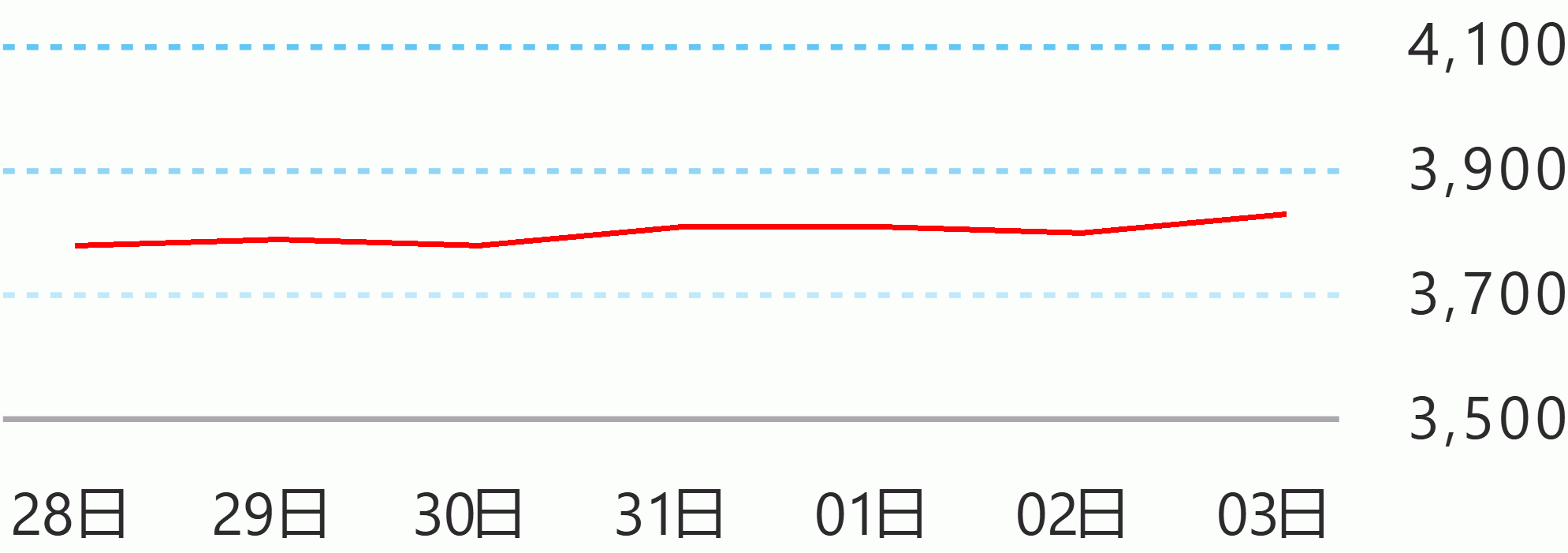Sumitomo's resident representative said Wednesday that the Philippine government should be conducting studies before replacing the manual circuit breakers of the air traffic management system at the Ninoy Aquino International Airport (NAIA)
Batangas Rep. Mario Marino earlier asked if using a smart breaker would have prevented the overvoltage that led to the air traffic management system to have power outage and a loss of communication, which resulted in the cancellation of hundreds of flights on January 1.
“The breakers themselves would have to be duly coordinated. So if we’re looking into the possible changing of breakers to smart breakers, I think a proper study should be done in terms of whether you change all of the breakers, big or small. And what will be the impact with respect to how one breaker would react when another breaker trips or something,” Sumitomo Resident Representative Chadwick Lim said in response to Marino’s query.
He confirmed that the Civil Aviation Authority of the Philippines (CAAP) had replaced the circuit breakers with the same brand that malfunctioned, LS.
Lim said turning off the circuit breakers would not cause a disruption in the air traffic management system.
“It’s possible to turn off the circuit breaker but when you do that, vis-a-vis what happened on January 1, it will not cause a disruption, because when you turn off the circuit breaker, it’s not a line fault. So it’s not a line fault, your UPS will not do the protective de-energization that it did,” Lim told the House Committee on Transportation.
During the hearing, Transportation Undersecretary Roberto Lim told lawmakers: “Insofar as the CAAP is concerned, your honor, we have recommended that the head of the CNS/ATM, Mr. Arnold Balucating, take a leave of absence and he has done so already.”
“There (are) no conclusive findings yet determined by the committee. The investigation is ongoing. So it will take a few more weeks before the committee can come up with a report,” he added.
Lim said the probing committee is external because it includes the Department of Transportation (DoTr), Department of Information and Communications Technology (DICT), Cyber Investigation Crime Commission (CICC), National Bureau of Investigation (NBI), and National Intelligence Coordinating Agency (NICA).
For his part, CAAP Director General Manuel Antonio Tamayo said he is “inhibiting” himself from getting involved in the external investigation of the incident.
He also told the panel of CAAP’s how they will prevent the glitch from happening again.
“Therefore, to avoid this kind of circumstance from occurring again, we shall proceed with the following plans for the CNS/ATM (Communication, Navigation and Surveillance/Air Traffic Management): Immediately restore and enhance the CNS/ATM to its original design before the incident, procurement of the Ultimate Fallback System, which is considered a system upgrade, construction of an independent back-up for the current CNS-ATM, and to hire a third-party contractor to provide oversight,” Tamayo said.
“Nevertheless, we will be needing the help and assistance of this honorable committee in making these plans come into reality. This is of course to provide better service to our fellow Filipinos and our country, which may further boost our tourism industry,” he added.
During the hearing, Civil Aeronautics Board (CAB) Executive Director Carmelo Arcilla said that Overseas Workers Welfare Administration (OWWA) informed them that no Overseas Filipino Workers (OFW) whose flights were affected had lost their jobs. Jaspearl Tan/DMS





 English
English










